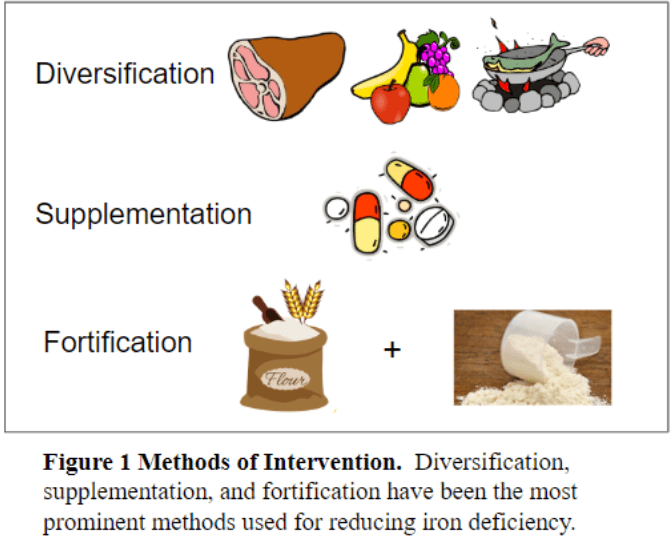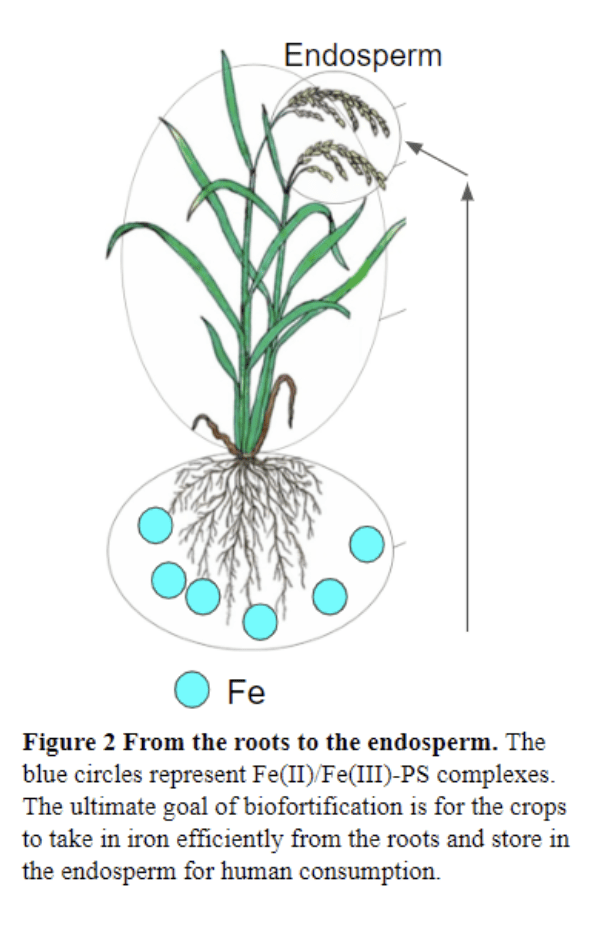A few weeks ago, I had the opportunity to listen to Javier Londono ‘23 present his 3-Minute Flash Talk on the worldwide importance of biofortification. Just this past summer, Javier, a prospective biology major, worked under Professor Jeeyon Jeong in the SURF program doing research on biofortification.
At the beginning of his presentation, Javier states that both poverty and monotonous diets have become an unfortunate norm in various communities, and, as a result, have led to numerous deficiencies in certain nutrients. Of particularly high interest is iron, as Javier goes on to acknowledge that “…approximately 2 billion people are affected by iron deficiency” and that it is “ranked sixth as one of the highest factors for death and disability in developing countries.”

There are several strategies that already exist for fighting iron deficiencies, such as diversification, supplementation, and fortification. Diversification involves varying meals to increase the nutritional range of vitamins and other important nutrients, supplementation involves taking nutritional supplements in the forms of pills, and fortification involves adding powder to foods to raise their nutritional value. Although each of these alternatives seem to be great solutions, they are all limited by distribution, viability in low-resource areas, and, in the case of fortification, low appeal due to its flavor and consistency changing characteristics. Biofortification, however, has proven to be much more effective when the only necessary infrastructure is agriculture.

By supplementing farming soil with iron, rice crops can intake the iron through its roots and store it in the edible parts of the crop. After this process, bioavailability becomes a point of concern. Iron absorption from grains can be inhibited by phytic acid, a naturally occurring molecule in grains. However, this too can be managed by simply fermenting the rice while in storage, thus decreasing the amount of phytic acid in the rice.
Beyond the scientific hurdles are those regarding public opinion towards Genetically Modified Organisms (GMOs). Many anti-GMO groups see biofortification as a threat to their health despite the lack of research supporting this claim. While biofortification has a lot to work towards in terms of consumer approval, it still holds the promise of providing a bright future for nutritional health.